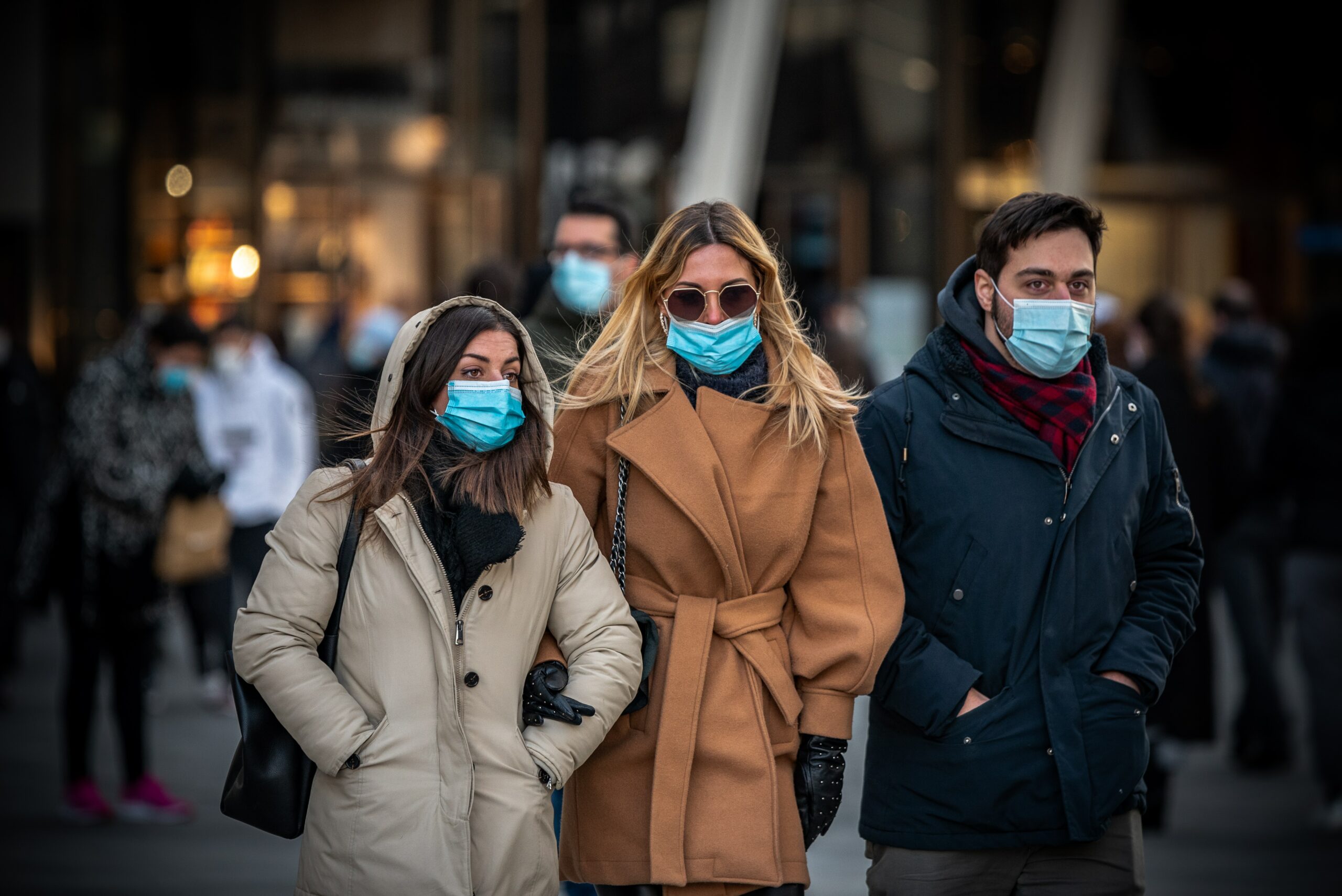By Jennifer McDougall
There is no doubt that the pandemic has had a significant impact on the lives of millions of Americans, and the notion of things returning to “normal” has grown less hopeful as a result of the numerous changes brought to light by COVID-19 at home, work, social surroundings, and financial elements.
The COVID-19 pandemic, as well as the subsequent economic downturn, have had a severe impact on many people’s mental health and created additional hurdles for those who already suffer from mental illness and substance abuse-related issues. Around 4 in 10 individuals in the United States have experienced anxiety or depressive illness symptoms throughout the pandemic, a percentage that has remained relatively stable, up from one in ten persons who had similar symptoms from January to June 2019. According to a July 2020 KFF Health Tracking Poll, many individuals are experiencing particular adverse effects on their mental health and well-being, such as difficulties sleeping or eating, increases in alcohol use, or drug usage.
Young adults have faced several pandemic-related implications, such as university closures and financial damage, contributing to poor mental health. A higher-than-average proportion of young adults (ages 18–24) experience anxiety and depressive symptoms (56 percent ). When compared to all adults, young adults are more likely to report drug use (25 percent vs. 13 percent) and suicide ideation (25 percent vs. 13 percent) (26 percent vs. 11 percent ). Before the pandemic, young adults were already at significant risk of poor mental health and drug use disorder, though many went untreated.
Job loss is related to more significant melancholy, anxiety, distress, and low self-esteem. In addition, according to research from previous economic downturns, it may lead to higher rates of drug use issues and suicide. For example, during the pandemic, individuals in homes with job loss or decreased earnings reported greater rates of mental illness symptoms than those in households without a job or income loss (53 percent vs. 32 percent ).
During the pandemic, research has revealed concerns about poor mental health and well-being for children and their parents, particularly moms, who face difficulties due to school closures and a shortage of childcare. For example, women with children are more likely than males to experience anxiety and depressive illness (49 percent vs. 40 percent ). In addition, women have often reported greater rates of anxiety and sadness than males, both before and throughout the pandemic.
The pandemic has had a disproportionately negative impact on the health of people of color. Non-Hispanic Black adults (48%) and Hispanic or Latino adults (46%) are more likely than non-Hispanic White people to experience anxiety and depressive symptoms (41 percent ). In addition, these communities of color have had difficulty getting mental health care in the past.
Many essential employees continue to confront difficulties, including a higher chance of getting the coronavirus than other workers. In addition, during the pandemic, essential employees are more likely than nonessential workers to show symptoms of anxiety or depressive illness (42 percent vs. 30 percent ), begin or increase drug usage (25 percent vs. 11 percent ), and have suicidal thoughts (22 percent vs. 8 percent ).
Those newly diagnosed with mental health or addiction issues and those already diagnosed before the pandemic may require mental health and substance abuse treatments. Still, they may encounter extra obstacles as a result of the epidemic.
The pandemic has undoubtedly impacted mental health in many ways, including significant social isolation due to essential safety measures. Many studies have linked social isolation and loneliness to poor psychological and physical health. Even before the pandemic, the widespread feeling of loneliness had been a public health problem due to its link to a shorter lifespan and a higher risk of mental and physical diseases.
What to Do If You Are In Need of Substance Abuse Treatment
Call Passages Addiction Treatment Centers today if you or a loved one is battling an addiction to drugs and alcohol. Our admissions department is available 24/7 and can be reached directly by calling our toll-free number (888) 397–0112. We look forward to speaking with you soon.
Passages, Where Addiction Ends and Life Begins™
Feature photo by Matteo Jorjoson


